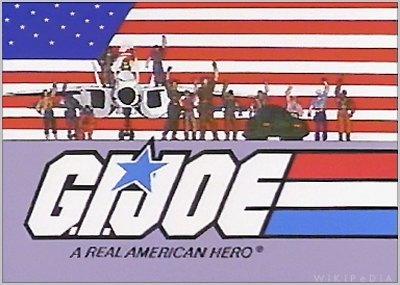The pop-music world is turning into a caricature of shamelessness, childishness and even spoiled-brattiness. To get attention quickly, some pop stars will try absolutely anything. The soul singer Cee-Lo Green has a new album coming out. How’s this for art: His first desperate single is titled “F—- You.” The shock value is already working. A video was posted Aug. 19, and within four days, it had grabbed 1.4 million views on YouTube — another sign that YouTube is not a safe website for children. On Aug. 23, YouTube began requiring visitors to sign in to view the video, saying it “may contain content that is inappropriate for some users.” That’s quite an understatement. But it’s also meaningless: it’s unrestricted on Cee-Lo’s personal website. Clicking on his MySpace page brings the song up automatically. The entire song is obscene. It’s stuffed with 16 uses of the F-bomb in under four minutes, erupting on average once every 14 seconds. It also has 10 uses of the S-word, and even two uses of “nigga.” (Don’t tell Dr. Laura Schlessinger.) Green’s producer, Bruno Mars, told MTV the whole production was “a dream session come true … Everyone was just putting their minds together and (we came) up with one of our favorite tracks we’ve ever done. Cee-Lo came in and we started singing it for him. And he’s just, ‘I love that, man. That’s beautiful.'” This scenario of allegedly unfolding genius dodges the little reality that the supposed high concept is just a musical middle finger. The singer is cursing out his ex-girlfriend, who apparently left him for a richer man. The fact that the song is catchy and bright only heightens the offense. It’s a Motown melody inserted into a manure pile. But, as usual, the Wanna Be Hip critics love it, even with that manure attached. The Wall Street Journal cooed it “may be the best rock and pop single of the year.” Just a few years ago, we could be certain that a song this stuffed with profanity would never be aired on the radio. In fact, it never would be produced. But the federal judiciary has now made it acceptable to air the worst obscenities at all hours of the day, claiming any attempt to restrict obscene content is a violation of “free speech.” The ban on seven dirty words was shredded and the libertines get where they wanted. What new low will an “artist” stoop to for commercial gain when the ground has suddenly opened, presenting an endless chasm below? Team Cee-Lo claims they’re going to prepare a radio edit called “Forget You” to avoid alienating too many station managers. How thoughtful. But that only raises the obvious question: Why not call it “Forget You” from the very beginning? The answer is the calculation that millions of teenagers will buy the original dirty version as the official version and put it on their iPods. Any radio edit is just a lame Band-Aid for a pus-filled boil. The pressure will only build for more and dirtier musical obscenity, just as almost every aspiring stand-up comedian finds it necessary to pepper his and her act with lots of curse words. Comedians can’t just be funny, as singers can’t just sing. This is not the first time pop stars have played games with the F-bomb. A few years ago, Britney Spears offered a single very thinly disguised as “If U Seek Amy.” Spears boasted, “All of the boys and all of the girls are begging to if you seek Amy,” which only made sense if it was obscene. The British chanteuse Lily Allen offered her own “F—- You” song last year, but it wasn’t a big hit here, with its 25 gratuitous F-bombs. It was only a gold record in France, Australia and Belgium. Right there on YouTube, you can see a video of Allen singing her brightly toned song with its ugly, profane chorus — “F—- you, f—- you very, very much” — live on French television. The audience claps and claps. Once again, the future beams out at us.

See the rest here:
Bozell Column: See How Low We Must Go






























